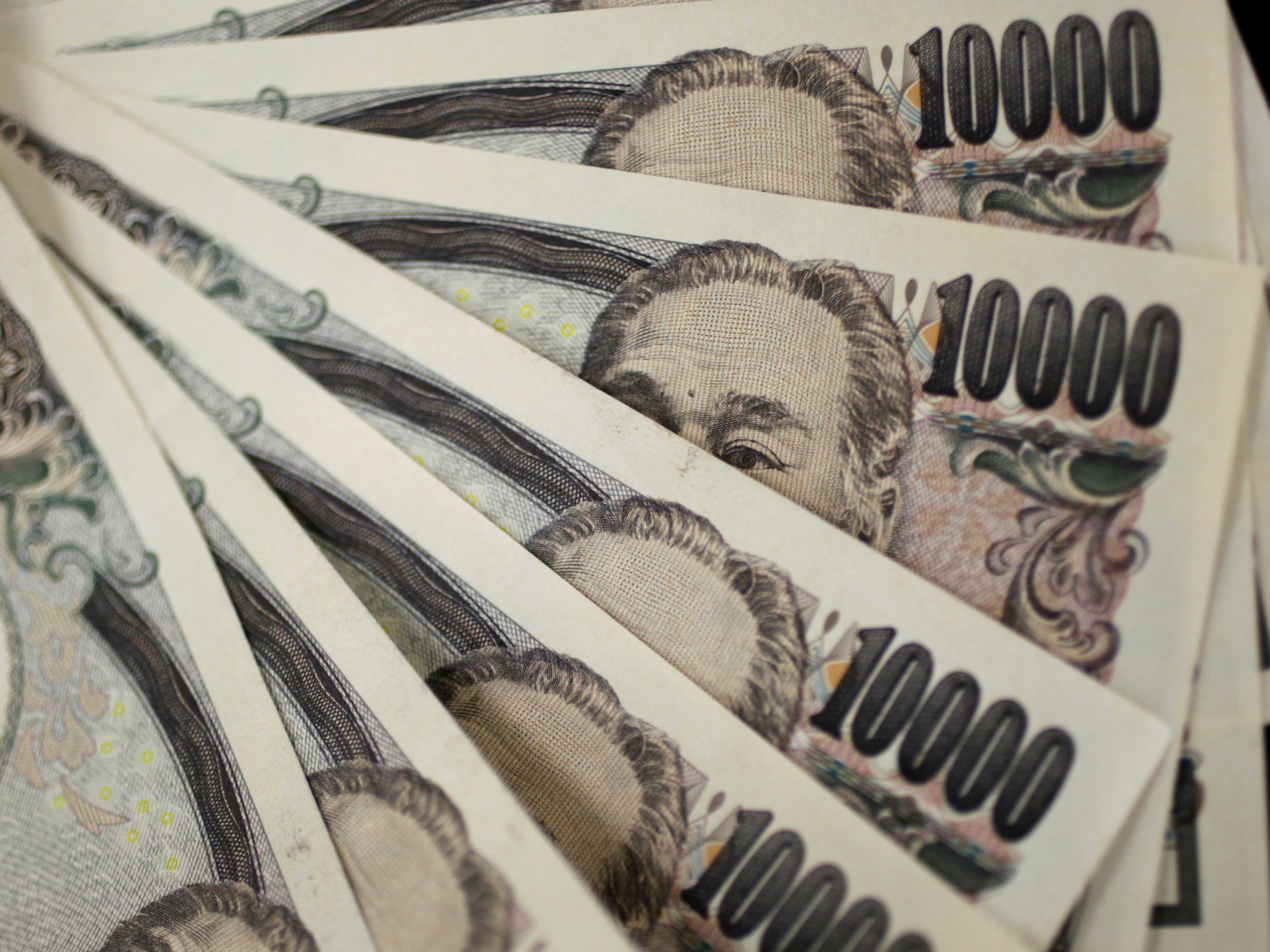The Japanese currency, the yen, has recently plummeted to its lowest level against the United States dollar in 34 years, reaching 160.17 per dollar. This has raised concerns that Japanese authorities may need to intervene and stabilize the currency.
The decline in the yen can be attributed to a number of factors. Firstly, the Bank of Japan’s decision to keep interest rates at ultra-low levels while other central banks have raised borrowing costs. Despite a recent increase in interest rates by the BOJ, which was the first in 17 years, the downward trend has persisted, particularly as expectations of rate cuts in the US have diminished due to higher-than-expected inflation.
Another factor contributing to the yen’s decline is a weaker global economic outlook. As uncertainty continues to plague markets around the world, investors are increasingly looking for safe-haven currencies such as gold and Swiss francs rather than risky investments like stocks or bonds. This has put pressure on Japan’s central bank and forced it to take action to prevent excessive fluctuations in the yen’s value.
Despite their initial reluctance to intervene in foreign exchange markets, Japanese officials have indicated their readiness to step in if necessary. Last Friday, the Bank of Japan maintained its benchmark interest rate at 0-0.1 percent, while BOJ Governor Kazuo Ueda emphasized that exchange-rate volatility would only impact monetary policy if it significantly affected the economy and prices. However, if there is a substantial impact on household budgets or businesses operations as a result of currency fluctuations, adjustments may be considered in response.



